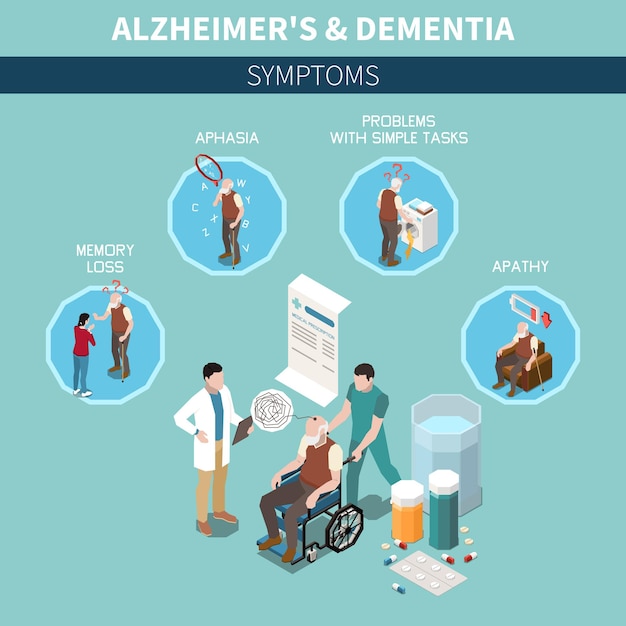
When most people get sick, they show their symptoms to a doctor, undergo examinations and tests, receive a diagnosis, and get a prescribed treatment. If the case is complicated, the doctor might seek advice from a specialist. However, when someone has a factitious disorder, things are not so straightforward, as they may appear to have symptoms that are actually fabricated.
Factitious disorder is a mental illness where individuals go to great lengths to pretend they’re ill, even to the point of harming themselves to create symptoms. Previously known as Munchausen Syndrome, this disorder is named after Baron von Munchausen, famous for his exaggerated tales. Unlike hypochondriacs, who believe they’re genuinely sick, people with factitious disorder know they’re not.
There are two main types of factitious disorder:
1. **Factitious disorder imposed on oneself**: The person creates or pretends symptoms in themselves.
2. **Factitious disorder imposed on another**: The person causes symptoms in someone else, often someone under their care, like a child.
The reasons for pretending to be sick vary widely. It could be a craving for attention, a need for control, or even a way to manipulate or punish others. Some might fake illness to feel validated in a caregiver role or to attract sympathy. Though some may think these individuals do it to get prescription drugs, they often collect medications to support their deception rather than use them.
People with factitious disorder can be very convincing and often fool medical professionals. However, there are some signs to watch for:
– Frequent hospital visits
– Improvement under medical supervision but sudden worsening at home
– Unresponsive illness to standard treatments
– Seeing multiple doctors or hospitals, possibly under different names
– Falsifying medical records or history
– Symptoms that don’t align with test results
– Self-inflicted harm or causing harm to others
– Frequent requests for various medications
The most significant risk of factitious disorder is the potential for real harm to the individual or others. For instance, they might intentionally infect themselves to appear ill or, in external cases, harm their children. This can lead to serious health risks, unnecessary surgeries, and long-term psychological damage, especially for children.
Diagnosing and treating factitious disorder is challenging because sufferers often have extensive medical knowledge and hide their condition well. Diagnosis typically happens when healthcare professionals become suspicious and investigate further. For example, a nurse might notice a child’s symptoms worsen when alone with a parent, or a patient might return with worsened wounds.
Once diagnosed, treating factitious disorder is complicated. Patients may resist treatment if they feel judged or exposed. It’s crucial for healthcare professionals to handle these cases delicately to avoid driving the patient away. Treatment often involves addressing any other coexisting mental health or substance abuse issues. In severe cases, or where a child’s safety is at risk, inpatient psychiatric treatment might be necessary.